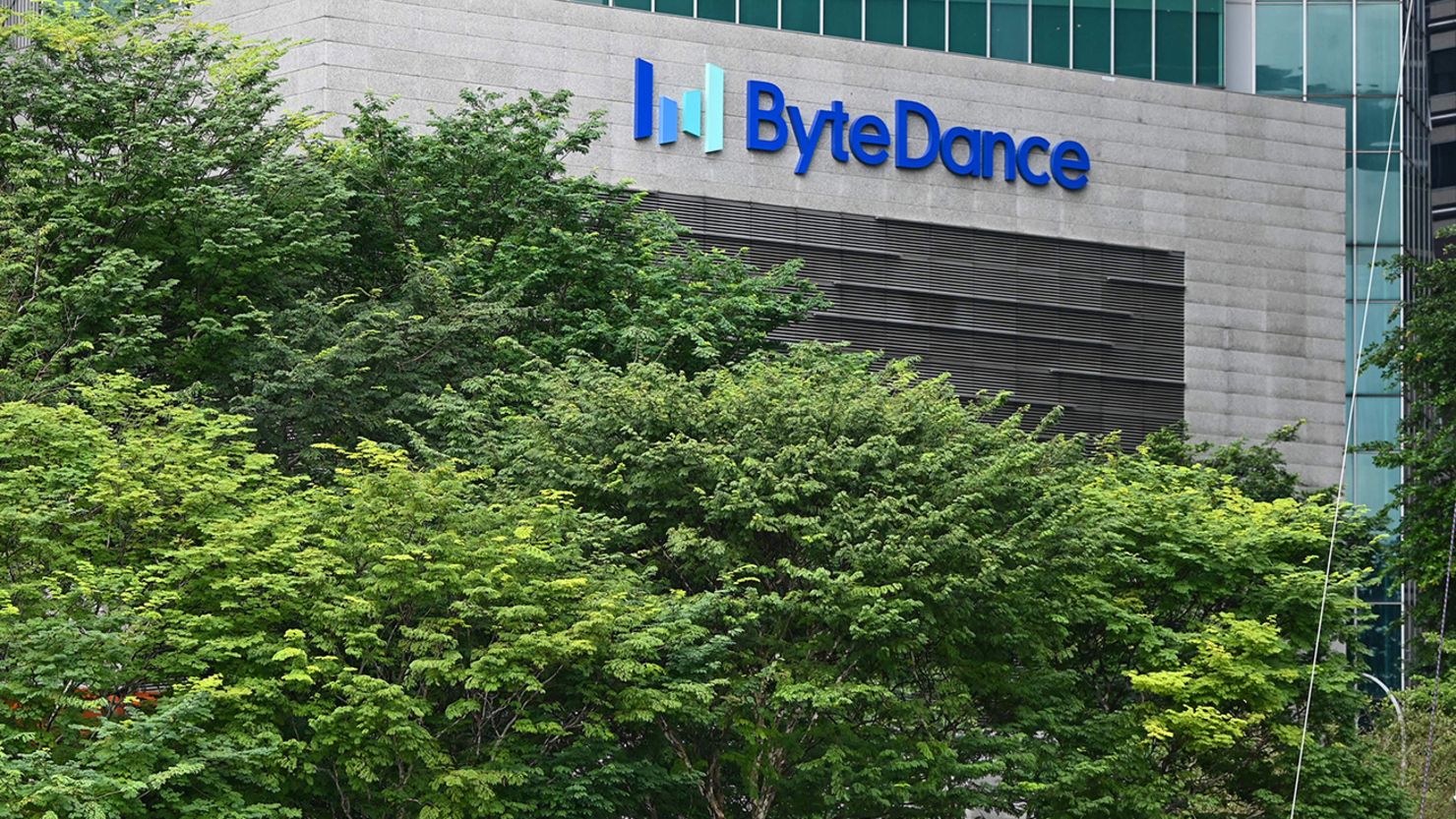ByteDance, the Chinese tech giant behind TikTok, is pulling back from video gaming in a shift that will result in hundreds of job cuts.
The Beijing-based company will wind down Nuverse, the unit that houses its video game studios, next month in an attempt to focus on its core businesses, a person familiar with the matter told CNN.
The announcement was made internally on Monday, the source added, requesting anonymity because the details were not public. Nuverse will still retain some operations, including staff that will focus on exploratory initiatives, they added, without specifying how many.
But the company will stop development on games that have not yet been released, and will try to sell off existing titles, including “Crystal of Atlan,” an anime-style multiplayer game, and “Earth: Revival,” a sci-fi survival quest, the person said. Both titles were launched earlier this year.
ByteDance is also seeking a buyer for Moonton, a video game studio it bought in 2021 that is best known for hit mobile game “Mobile Legends: Bang Bang,” which allows players to battle in an online arena.
Such a sale would be significant. The title — which is billed as having racked up more than 1 billion installations and more than 100 million monthly active users — is Nuverse’s biggest game, according to Niko Partners, a market research firm that specializes in video games and esports.
In a statement Tuesday, a ByteDance spokesperson confirmed that “following a recent review, we’ve made the difficult decision to restructure our gaming business.”
“We regularly review our businesses and make adjustments to center on long-term strategic growth areas,” the representative said in a statement, without elaborating further.
The retreat comes as ByteDance is looking to streamline its wider operations, including a recent downsizing of its virtual reality unit, Pico, the source told CNN.
Many other Big Tech firms have also been forced to cut staff around the world this year in response to global economic uncertainty following the pandemic.
In the case of ByteDance, the company had “invested a lot in the game business but not had big success,” noted Lisa Hanson, CEO of Niko Partners.
“It takes a huge amount of investment to produce [blockbuster] titles,” she noted. “That might not be where ByteDance wants to invest right now.”
The broader industry is also facing challenges, according to Neil Barbour, research analyst at S&P Global Market Intelligence.
“Mobile gaming revenue is in decline while user acquisition costs are rising,” he told CNN.
“So some publishers are taking this moment to reassess big bets placed around the industry and are concluding that a worthwhile payoff may take longer than expected or be completely out of reach.”
Fierce competition
ByteDance jumped into the gaming space in 2019. Since then, it has failed to make significant inroads against industry leaders Tencent and NetEase.
“Tencent and NetEase make up more than half of China’s games market, and Nuverse is nowhere near that,” Hanson told CNN.
She suggested ByteDance was simply looking to cut its losses, particularly since gaming still made up just a tiny sliver of its business. Overall, the Nuverse arm is estimated to account for “about 1% or less” of total revenue, said Hanson.
“[Even] if ByteDance exits game development and publishing, it will not dramatically impact their own business,” she added.
China is the world’s biggest mobile and PC gaming market, according to Niko Partners.
The firm projects that the country’s total number of gamers would reach 710.3 million this year, while the industry would take in about $47.7 billion in revenue for video game software and services.












